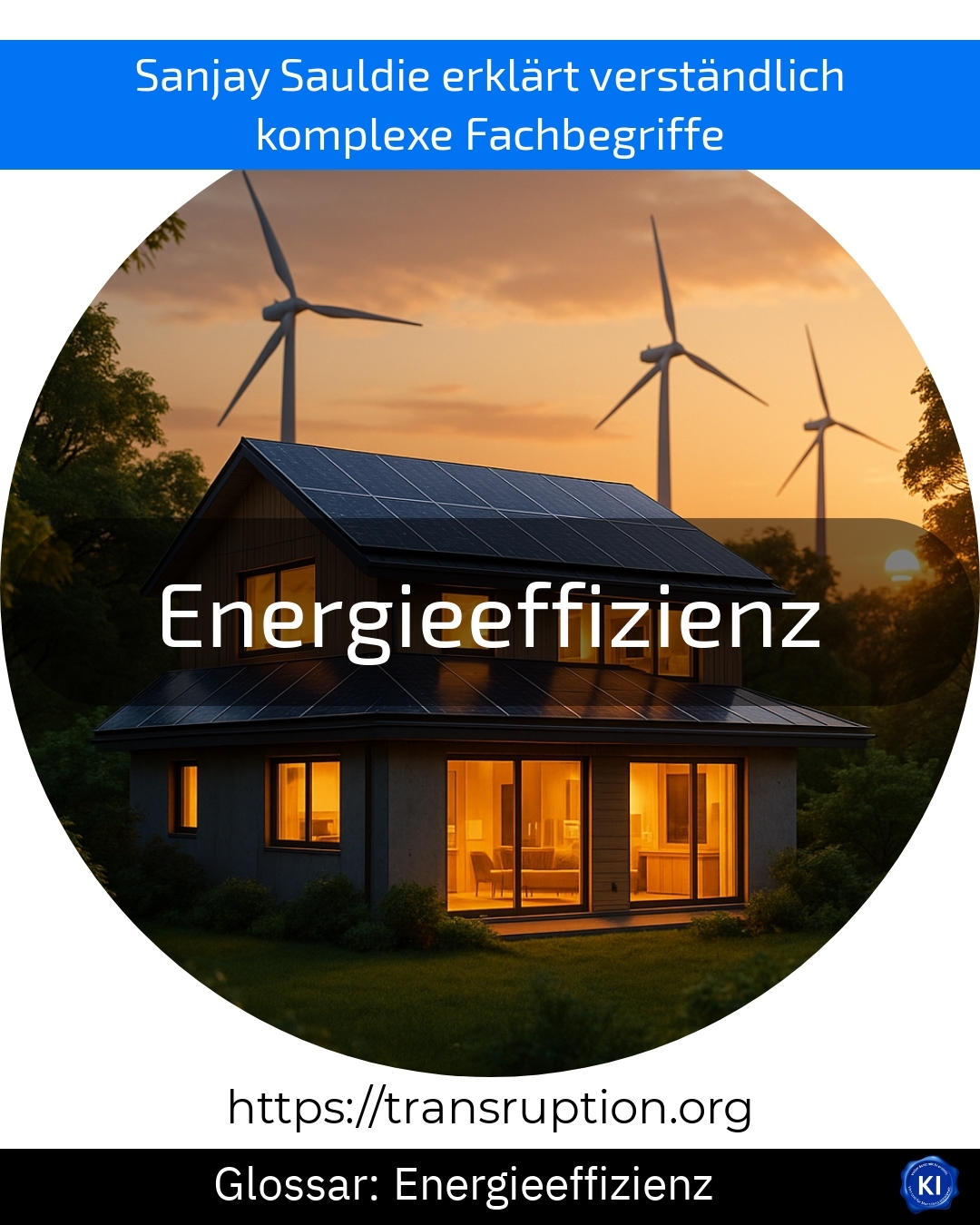The term energy efficiency is particularly at home in the areas of Sustainability and Environment 4.0, Industry and Factory 4.0 and the Internet of Things. Energy efficiency describes how much energy is required to achieve a certain goal, for example to manufacture a product or heat a building. The less energy required for this, the more energy-efficient the process or appliance is.
A simple example: A light bulb and an LED lamp both provide light. However, the LED lamp uses much less electricity. This means that it is more energy-efficient than the incandescent bulb.
For companies and households, high energy efficiency means lower costs because less electricity or heat is consumed. At the same time, energy efficiency helps to reduce greenhouse gas emissions and protect the environment. In modern factories or "smart" homes, digital technology is often used to monitor and control energy consumption in real time. This allows weak points to be identified quickly and the use of energy to be further optimised.
Energy efficiency is therefore an important key to operating sustainably, saving costs and reducing CO₂ emissions.















